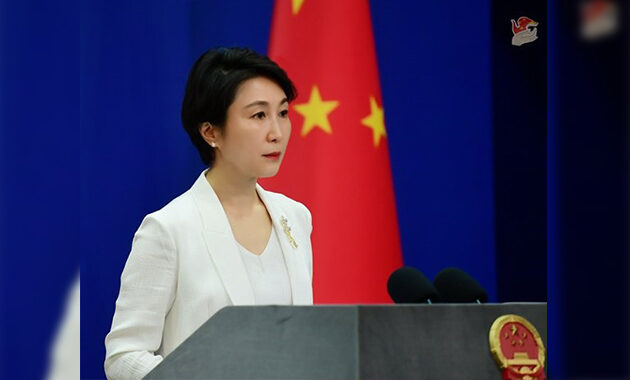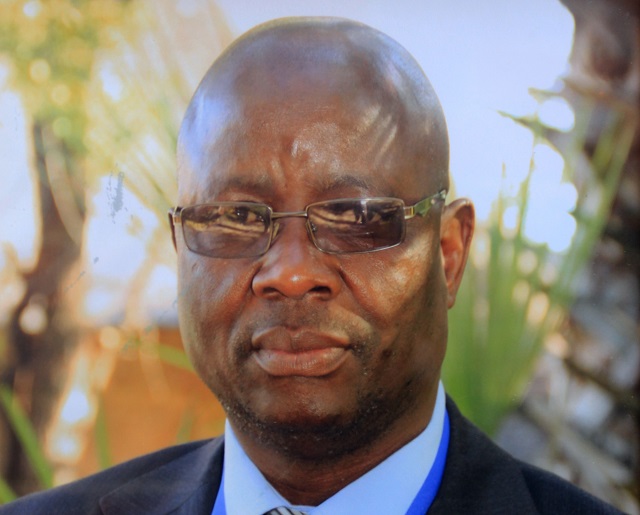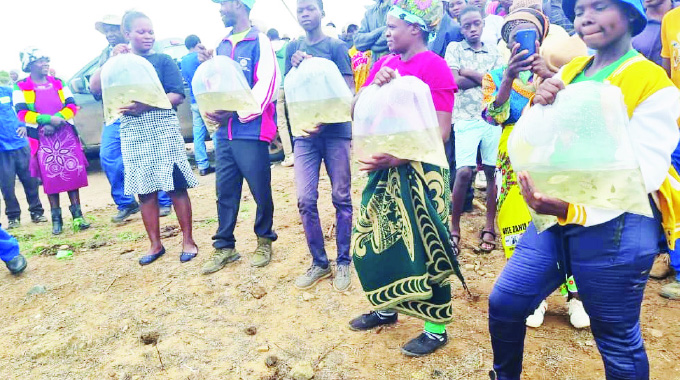China pledges food aid to Zimbabwe

Nqobile Tshili, [email protected]
ZIMBABWE is among Southern African states earmarked to benefit from the Chinese government’s food aid support to countries that are facing food shortages due to the El Nino induced drought.
The country received insignificant rains this year, a development that will result in most communities not harvesting.
As a result of the looming drought, President Mnangagwa earlier this month declared the farming season a State of Disaster, and the Government requires US$2 billion for food aid to vulnerable households.
The Government has called upon local and international partners to chip in to support those who will be food insecure.
Zimbabwe is not the only country that is staring at a serious drought, with Zambia and Malawi also declaring a state of disaster.
“China has been closely following the recent severe droughts and food shortages in southern Africa. We are collecting and preparing emergency food assistance to over 20 African countries such as Zimbabwe, Malawi, and Zambia,” Chinese government foreign ministry spokesperson, Ms Mao Ning, said in a statement.
“We will seek to provide more food aid to the best of our capabilities in the future, in light of the developments on the ground and the needs of relevant countries.”
She said this is part of the China-Africa relations, which also observe the importance of agriculture and food security.
As part of the mapping exercise to identify those who would require food aid, the Government has instructed village heads to conduct data collection for food-insecure households at village level, to ensure no one is left behind.
The community data collection exercise is expected to have been concluded by the end of yesterday before the figures are consolidated at national level.
Institutions such as the United Nations and its various agencies have already promised to support the Zimbabwean Government in averting drought-related disasters.
China has become the first country to openly respond to President Mnangagwa’s declaration of a State of Disaster, pledging support to at least 20 countries that are in the same predicament as Zimbabwe.
Ms Ning said this is part of the China-Africa relations, which also observe the importance of agriculture and food security. Furthermore, China is going to be partnering with African countries to improve its agriculture sector, in line with President Xi Jinping’s pronouncement.
“Last August, President Xi Jinping announced the Plan for China Supporting Africa’s Agricultural Modernization, at the China-Africa Leaders’ Dialogue.
“He said China will help Africa expand grain plantation, encourage Chinese companies to increase agricultural investment in Africa and enhance cooperation with Africa on seed and other areas of agro-technology, to support Africa in transforming and upgrading its agricultural sector,” said Ms Ning.
“China will continue working closely with Africa to deliver the above-mentioned plan and deepen agricultural cooperation, and will support Africa in capacity-building on food security.”
She called for the developed world to assist African countries to develop their agriculture sector and ensure they achieve food self-sufficiency.
“We also call for more international attention to the droughts and food shortages facing the African countries and we urge the global community to consider providing them with food assistance as soon as possible and help African countries develop agriculture and better ability to achieve food self-sufficiency,” said Ms Ning.
Speaking during the declaration of State of Disaster recently, UN Resident and Humanitarian co-ordinator, Mr Edward Kallon, said the UN acknowledged the severe impact of the drought.
“The UN pledges its support to the Government of Zimbabwe in mobilising resources to tackle the El Nino-induced drought and efforts are underway to finalise a response plan focusing on food security, health, education, shelter and other essential areas, to address the needs of those affected by the crisis,” he said.
Given adverse weather conditions as a result of climate change, which has increased drought frequency, the Government continues to invest in irrigation agriculture and is constructing strategic dams to withstand climate-related shocks.
Investment in the irrigation sector has seen the country record successive years of wheat self-sufficiency, making Zimbabwe one of the only two countries to achieve that feat. —@nqotshili












Comments